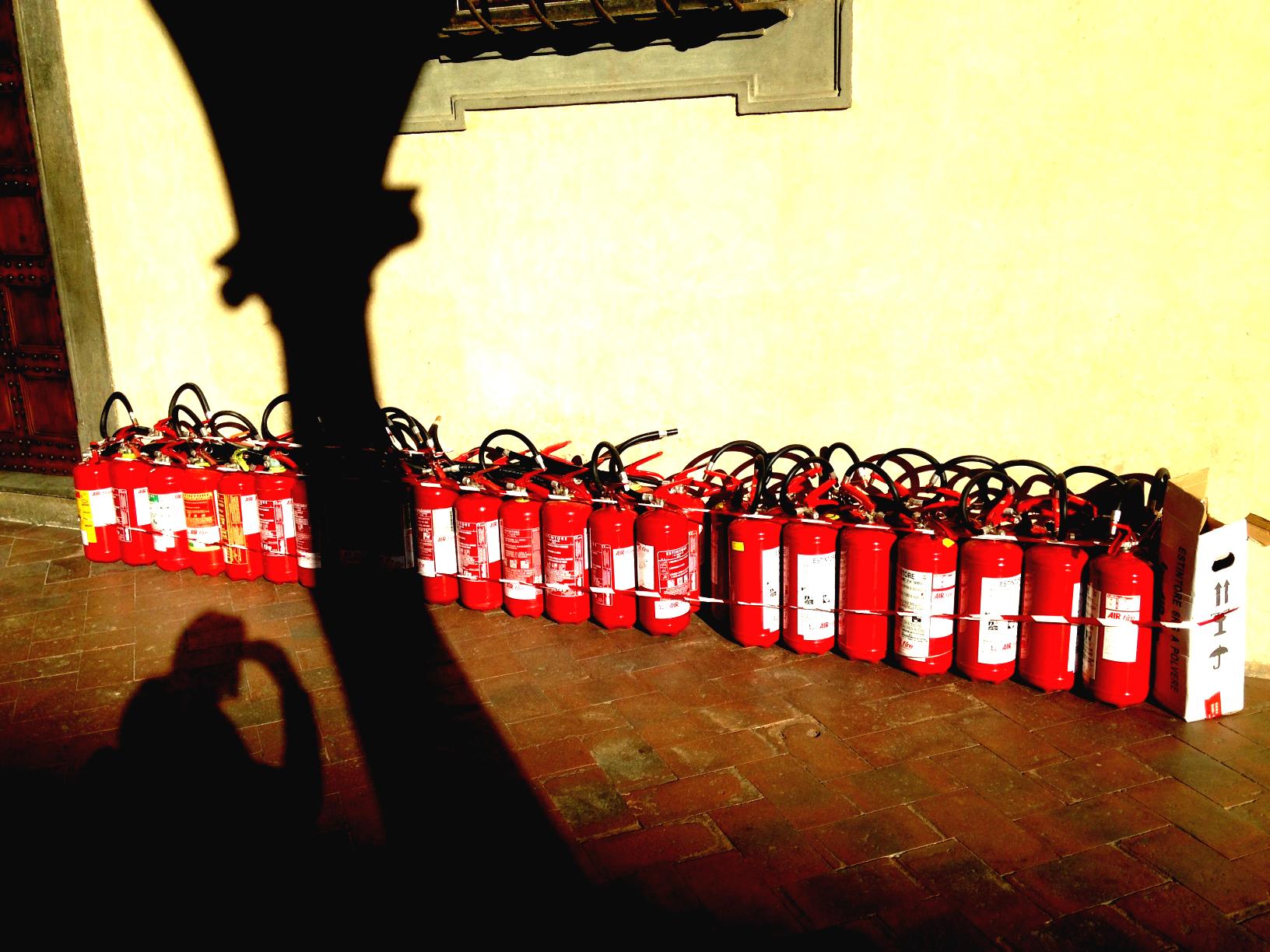An old Cherokee is teaching his grandson about life. “A fight is going on inside me,” he said to the boy.
“It is a terrible fight and it is between two wolves. One is evil – he is anger, envy, sorrow, regret, greed, arrogance, self-pity, guilt, resentment, inferiority, lies, false pride, superiority, and ego.” He continued, “The other is good – he is joy, peace, love, hope, serenity, humility, kindness, benevolence, empathy, generosity, truth, compassion, and faith. The same fight is going on inside you – and inside every other person, too.”
The grandson thought about it for a minute and then asked his grandfather, “Which wolf will win?”
The old Cherokee simply replied, “The one you feed.”
One night after showering and before bed I felt the spontaneous need to meditate after a long day. So I sat down on the bed, recited a mantra and then settled in for a moment of silence with my eyes closed.
Only seconds after that, my husband came in and slipped into bed next to me. He started fumbling for his phone and soon a lot of clicking and whooshing noises were reaching my left ear. I felt that this was extremely irritating, not to mention rude. My reaction was strong, probably because I am quite addicted to and enslaved by the phone myself. But isn't that a meditation classic? The first moments, when we have to get accustomed to stillness, we encounter resistance and we start looking for an excuse to escape. So there I was, getting irritated. I got so angry that I was on the brink of telling my husband – very brusquely and in no unclear terms – to please take his phone somewhere else. Right before I did, I remembered that meditation doesn't mean being still in the perfect silent environment. It means finding a little bit of stillness no matter what.
I also became aware of my returning visitor, as Jack Kornfield likes to call them: Most of us have one go-to emotion when things get rough or tricky. An emotion we immediately resort to when we stand with our back against the wall. For me, it's anger or irritability. You could say it's my Italian temper or my Ayurvedic constitution, called Dosha, which is quite fiery. The element of fire (called Pitta, in Ayurveda) has certain qualities also reflected in our personalities: It is easily enflamed, flaring out, it devours and unfurls. It rages. Other people are more airy (Vata, for air/ether) or down to earth (Kapha, for water and earth together), so they are more unrooted or melancholy. Their tendency may be to react with sadness, depression, cofusion and indecision (for Vata) or stubbornness and inflexibibility (for Kapha). No matter what our go-to emotion is, meditation (especially difficult meditation) usually brings it out and offers a great opportunity to investigate it. Meditation is also a safe environment to quietly observe how emotion evolves.
In every day life, emotion often prompts us to act or react. For me, that usually means that I snap and someone ends up baffled or hurt. That evening, because I was meditating, I was a bit more observant and I could see that pattern unfold. I also could stop short of reacting and focus on me being a sealed container for my emotion. Instead of directing it outwards, I turned my gaze inwards.
I literally imagined myself as a closed glass container with a fire burning inside. And what happens to fire after a while when it is not fed with enough oxygen or fuel or wood? Correct. First it burns low, then it dies out. The same happens with any emotion, when it is not fed. This may sound like we are swallowing emotion and holding it in, but that's just a pessimistic way to phrase it. What I mean is quite the opposite: We can experience every fibre of our emotion without acting upon it. If you wait long enough, the emotion transforms or subsides. Even if it takes years, the emotion will change eventually. Or, as my teacher used to say: “If you give it space, it also has room to transform.”
This is why, especially to someone as impulsive as I am, meditation is a true gift. I'm still angry, I still get upset, but I now know ways to contain the fire. Sometimes I manage, sometimes I don't. Sometimes I still lash out, sometimes I can control my combustible being. Whatever happens, though, I am aware. I see it happen or I can at least say: “Oh here I go with my go-to emotion again!”
That is very different from blaming it on someone else, from looking for reasons to escape and the chance to look away. Meditation gives us a closed container so that we can stop to watch before we go on autopilot. That right there is the gift of meditation. We get to consciously decide: Which wolf are we going to feed?


No comments.